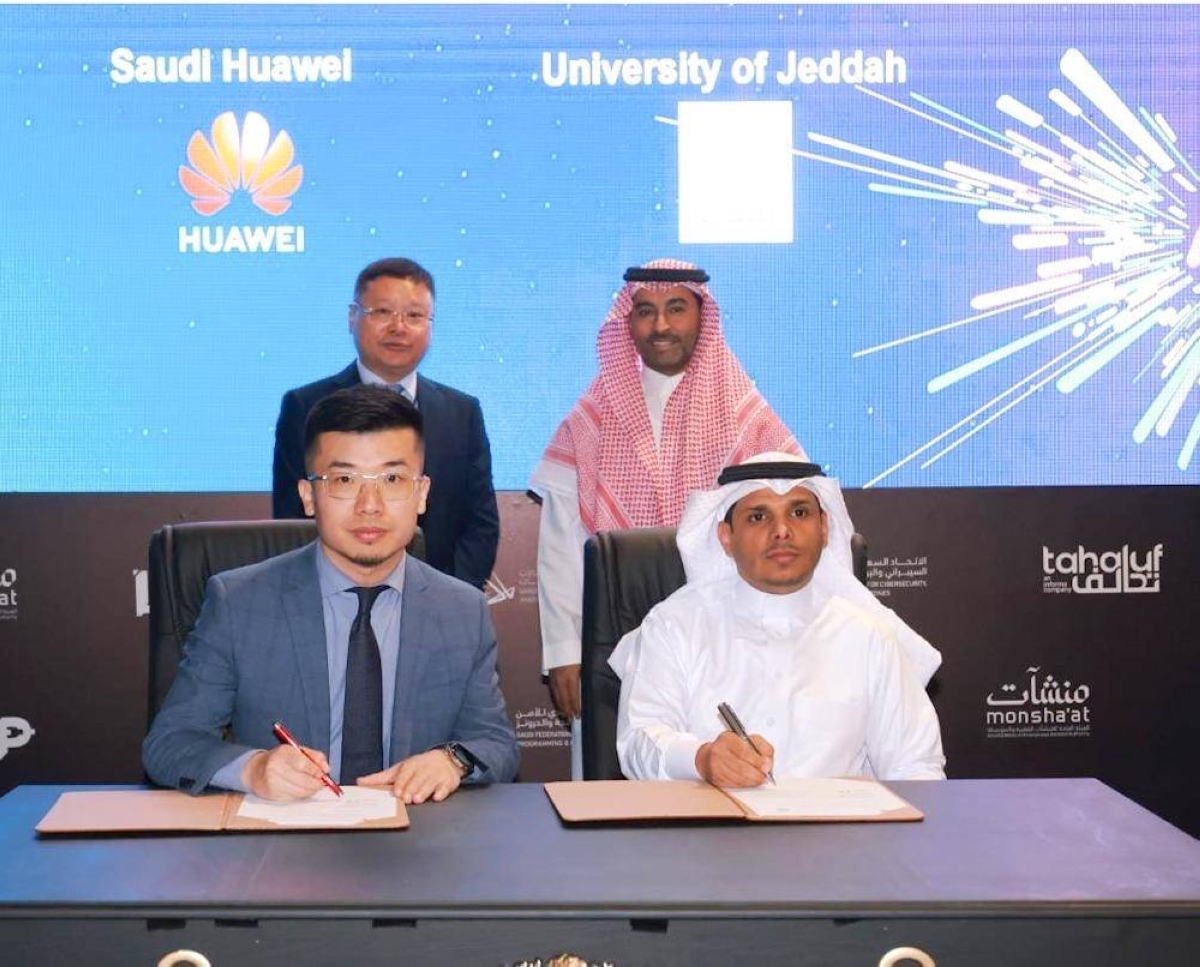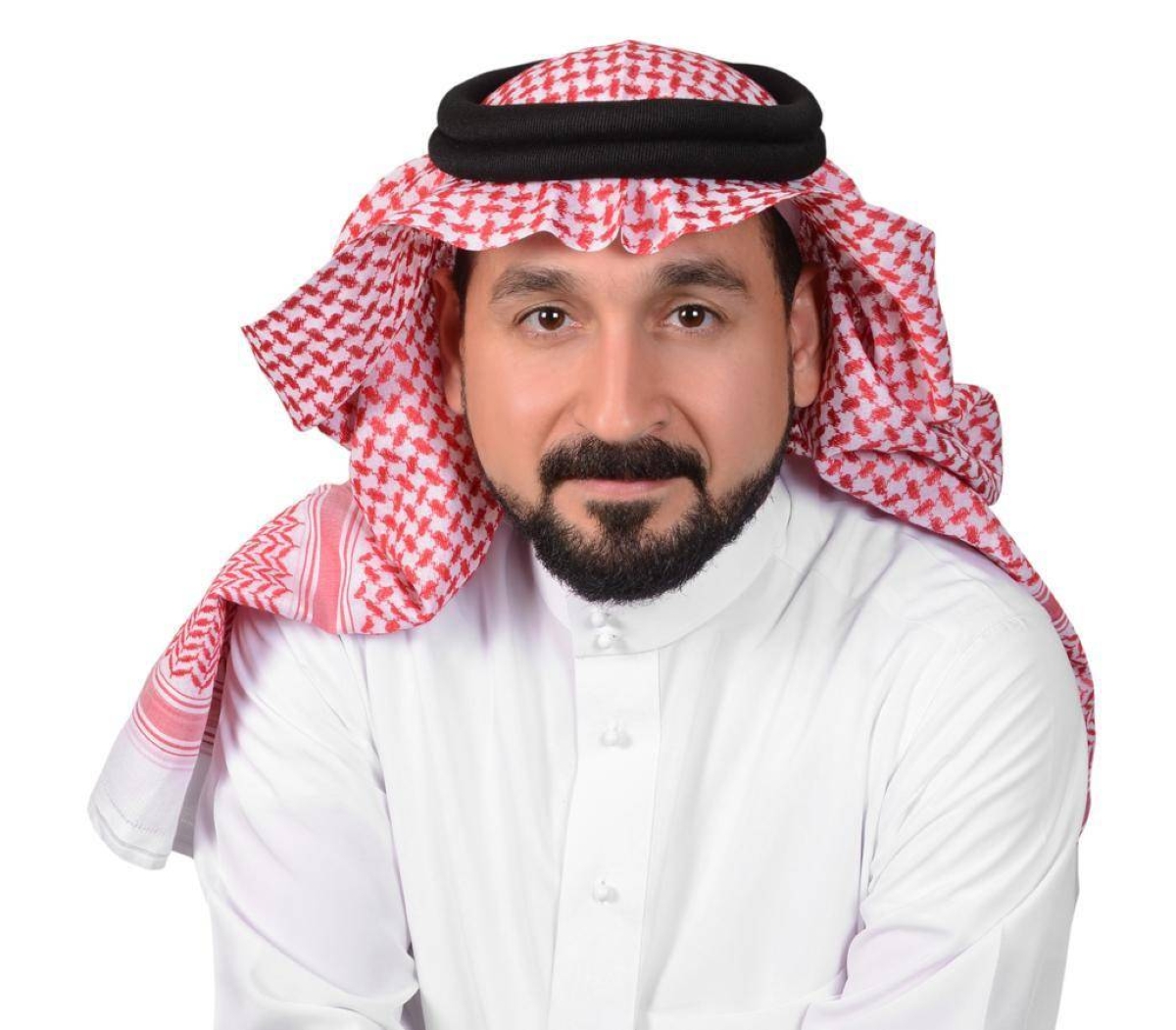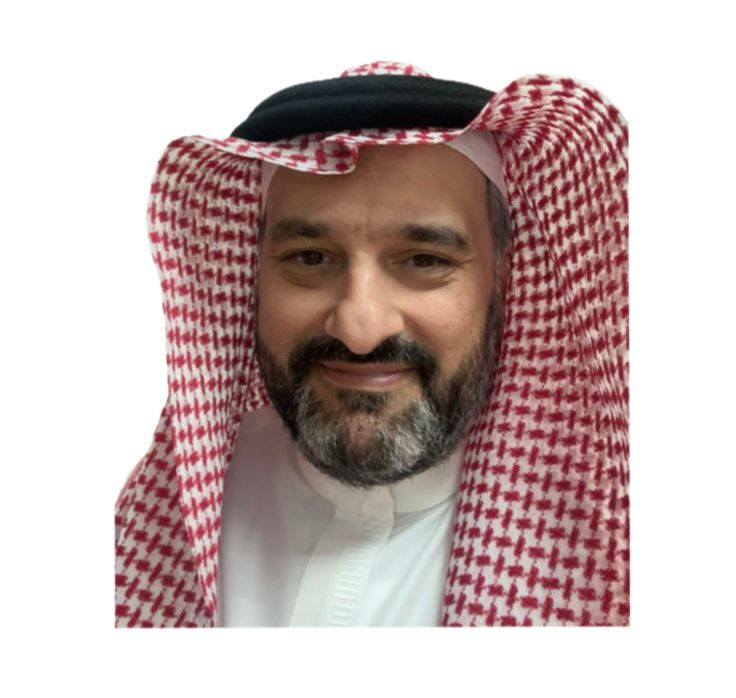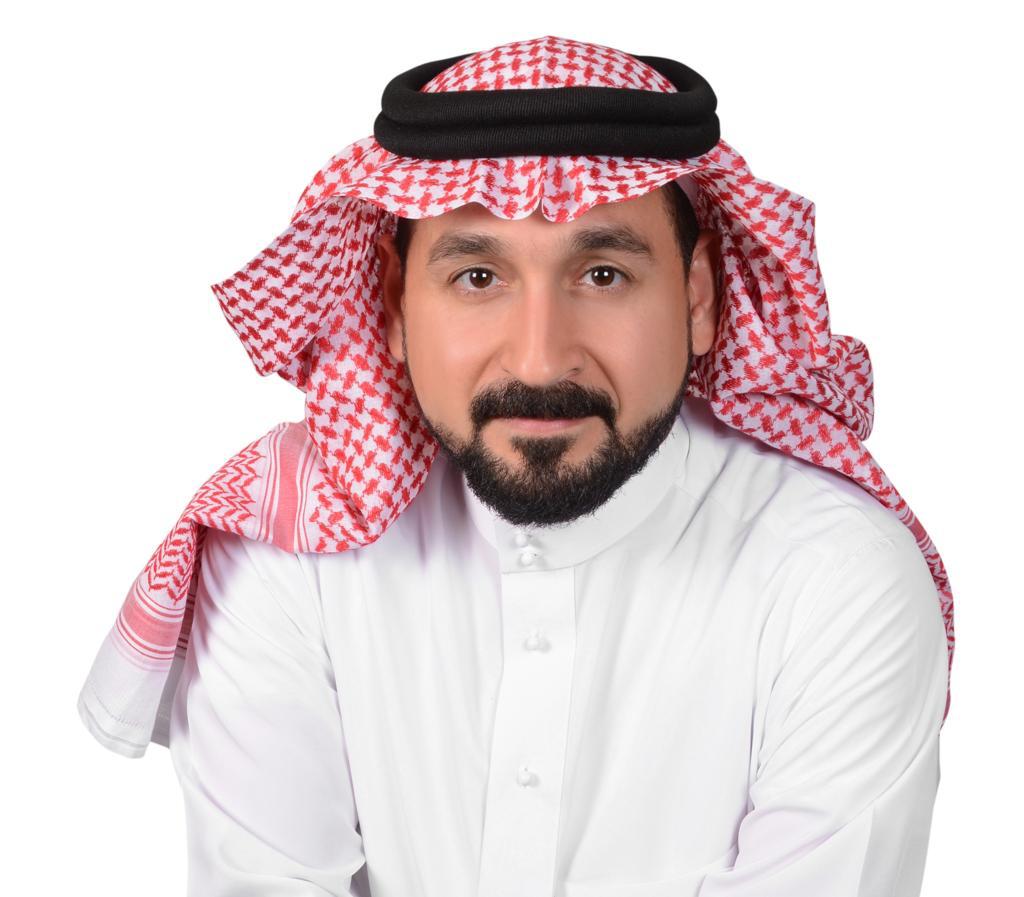The Dawn of the "Generative AI" Era in Healthcare
الخميس - 21 مارس 2024
Thu - 21 Mar 2024
The rise of artificial intelligence (AI) has brought about a significant shift at the intersection of technology and healthcare. It promises to revolutionize the way diseases are diagnosed and treated, thanks to its unique ability to generate new content and simulate complex patterns. In this article, we will delve into the remarkable and transformative capabilities of AI in healthcare. We will explore its current applications, future prospects, and the main challenges it faces.
Generative AI is an advanced form of artificial intelligence that is focused on creating innovative and original content, such as text, images, audio, and video, that resembles human creativity. This type of AI relies on deep neural networks and machine learning systems that are trained on vast amounts of data to recognize patterns, styles, and structures within the content. Through this process, generative AI can imitate human styles of creativity and generate unique ideas and designs that may exceed traditional human creative capabilities. This technology has opened upnew horizons in various fields such as art, design, creative writing, and scientific research, providing powerful tools for content creation and innovative solutions to complex challenges.
Generative AI uses complex algorithms and data models to make decisions by recognizing patterns and relationships in the input data. AI relies on machine learning, which involves training systems to learn. This learning process has three stages: "supervised learning," where models are trained on pre-classified data, "unsupervised learning," which autonomously discovers patterns in unclassified data, and "reinforcement learning," which uses a trial-and-error approach, rewarding correct decisions. Thanks to computing technology advancements and vast data sets availability, AI can now perform complex tasks with high accuracy. Some of these tasks include image and natural language recognition, event prediction, and autonomous vehicle navigation. These advancements are opening up new prospects in various industries and research fields.
The potential applications of generative AI in healthcare are broad and varied. It has the potential to revolutionize drug discovery by significantly reducing the time and costs associated with traditional methods. However, there are certain challenges that need to be addressed before adopting generative AI in healthcare. These include concerns over data privacy and the need for thorough validation to ensure the accuracy and safety of AI-generated solutions.
AI has a lot of potential in healthcare, especially in medical research and drug discovery. Generative AI can speed up medical and pharmaceutical research by predicting molecular interactions and simulating drug responses, making it easier to develop new treatments. It can also help diagnose diseases with greater accuracy and customize gene therapies through analyzing large datasets in clinical diagnosis and personalized medicine. AI can create customized educational materials for patients, offer virtual health assistance, and monitor patient health by gathering data from wearable devices. Generative AI can also create realistic medical scenarios for simulation-based training, giving medical professionals practical experience without any risk to patients.
Integrating generative AI into healthcare has raised concerns about data privacy and security, as it involves handling sensitive patient information. The ethical implications of AI in diagnostic and treatment decisions have also raised questions about responsibility and consent. To address these challenges and ensure that the benefits of AI do not come at the expense of patient rights and safety, it is essential to establish regulatory frameworks that govern the use of generative AI in healthcare.
Experts anticipate that generative AI will become an integral part of the healthcare system in the next decade, transforming everything from patient care to medical and pharmaceutical research. The key to this evolution lies in continuous research, increased investment, and collaboration across the technology and healthcare industries..
Related Articles

Huawei signs MoU with University of Jeddah to develop ICT talent through the Huawei ICT academy programHuawei signs MoU with University of Jeddah to develop ICT talent through the Huawei ICT academy program

Nissan Saudi Arabia Hosts the Al-Ula Experience: Honoring Heritage and PerformanceNissan Saudi Arabia Hosts the Al-Ula Experience: Honoring Heritage and Performance

Manga Productions reveals the poster of the Saudi anime "Future's Folktales 2" in TokyoManga Productions reveals the poster of the Saudi anime "Future's Folktales 2" in Tokyo

Pharmacy of the WorldPharmacy of the World





